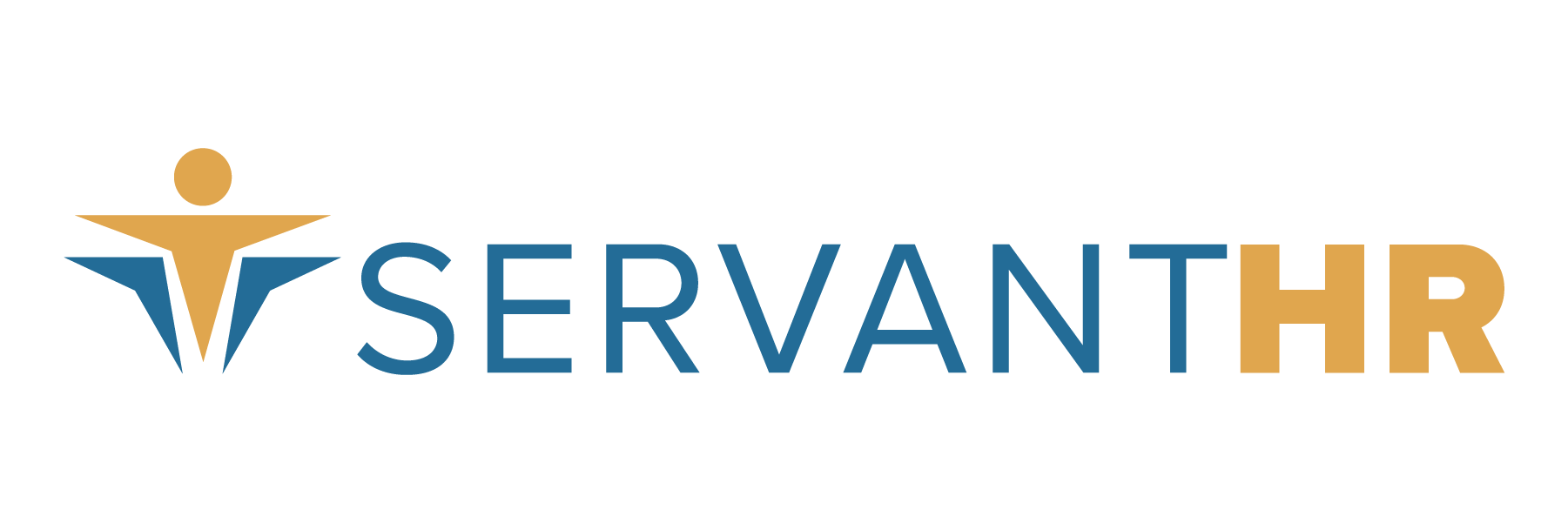It’s the holiday season! But as many of us know, the holiday season is often cozied up right next to the flu season. Employees are calling in to claim sick days, while others trudge through the work day with cough drops and tissues in tow.
In 2018, a Walgreens survey revealed that 40% of workers admit coming in to work with the flu. This year 90% of employees admit going in to work with cold or flu symptoms. Our culture’s obsession with productivity has made “workaholism” the norm. Sick days? Those are for wimps.
Even still, HR firm Career Builder recently surveyed more than 2,200 human resource professionals and 3,700 employees about their companies’ employment practices. The survey found that 40% of workers have faked a sick day in the last 12 months.
So what’s an employer to do? How do you create a sick policy where people can take care of themselves without taking advantage?
While you will never be able to control this entirely, there are a few things your company can do to prevent these tricky situations without fostering a culture of suspicion.
Review your policy
The “sick day” concept was originally created to keep employees from abusing time off and to help track work environments in which employees were sick more frequently than other parts of the business.
However, having designated “sick days” can often force employees to compromise their integrity. Sometimes people aren’t sick, they just need a day off. If an employee’s only way to take time off is to use a sick day, it can encourage dishonesty. Also, those who believe “sick days are for wimps,” may feel guilty taking these designated days, and end up “powering through,” potentially getting other coworkers sick in the process.
Research shows that forming a modern, non-defined PTO policy fosters more positive workplace sentiments. Small businesses should still allocate a predetermined number of days off for their employees. However, an increasing amount of businesses are no longer using the antiquated terms “sick days” or “sick leave,” but instead defining all days off as paid time off (PTO).
You may or may not decide modern PTO is right for your company. However, if you decide to no longer differentiate between personal time and sick time, make sure this is clearly stated in your policy. Make sure your employees don’t think they will get all of their personal time in addition to sick days.
Model transparency
In today’s progressive workplace, more and more companies are putting everything in the open. This means everything from opening financial dealings to simply opening office doors. Of course, each business is different and must implement these ideas with discretion. Still, the principle is universal: face-to-face communication encourages honesty.
If you talk openly with your employees about significant things such as work projects, compensation, and company decisions, it is more likely that your employees will talk openly with you about their family, their health and their need for time off.
Hire honest people, include others in decision-making processes and treat all employees equally. These are just best practices in culture-making, but they inevitably affect your employees’ use of time off. If honesty is at the core of your company, it will be at the core of your time off policy as well.
Promote prevention
A report by Stericycle found that prevention efforts—like vaccinations and hand washing—are up over the last year. And while less than half of workplaces offered flu shots as a benefit (and even fewer offered on-site vaccinations), those that do are viewed more positively by their employees.
Many organizations now host on-site vaccination clinics, allowing employees to get vaccinated without sacrificing their free time. You can contact your local pharmacy or community vaccinators to come to your workplace and administer the vaccines on site.
If having on-site vaccinations isn’t an option for you, do your best to make it easy for employees to get their flu shots elsewhere in the community. Make sure that flu shots are covered by your company’s health insurance, post a list of all local vaccination sites, and be flexible to allow your employees to leave work briefly to get a flu shot.
You can also promote prevention by following the Occupational Safety and Health Administration’s suggestions. Encourage employees to wash hands frequently, cover coughs, use hand sanitizer and avoid close contact with others during flu season. You can also stock your office with hand sanitizer, a shared medicine cabinet, orange juice, Emergen-C, tea and healthy snacks for employees. These are small but significant ways to show your employees you care.
Encourage staying home
Despite those who take advantage, employers cannot dismiss the reality that many employees feel pressure to come to work sick. And having sick employees in the office can have serious consequences. The 2018-2019 flu season was one of the longest on record—and this year’s season has started early, meaning it could reach similar heights, according to the CDC.
Productivity may suffer, but employers should encourage those with the flu to stay home rather than spread the virus to co-workers. Employers should review their sick time policies to see if they put undue pressure on workers to come to work ill. You may also consider remote work arrangements for appropriate positions and situations.
Employees appreciate being treated with respect and trust. Ultimately, as an employer, it’s up to you to approve PTO arrangements and determine the validity of time off requests. However, doing everything you can to encourage health and honesty will go a long way in building the kind of workplace your employees won’t want to miss.
Interested in learning how a PEO can aid your efforts toward building a healthy culture? Along with offering HR coaching and counseling, Servant HR frees business owners from their administrative burdens to better focus on what matters most—their people and their business. Give us a call and see how we can serve you today.






